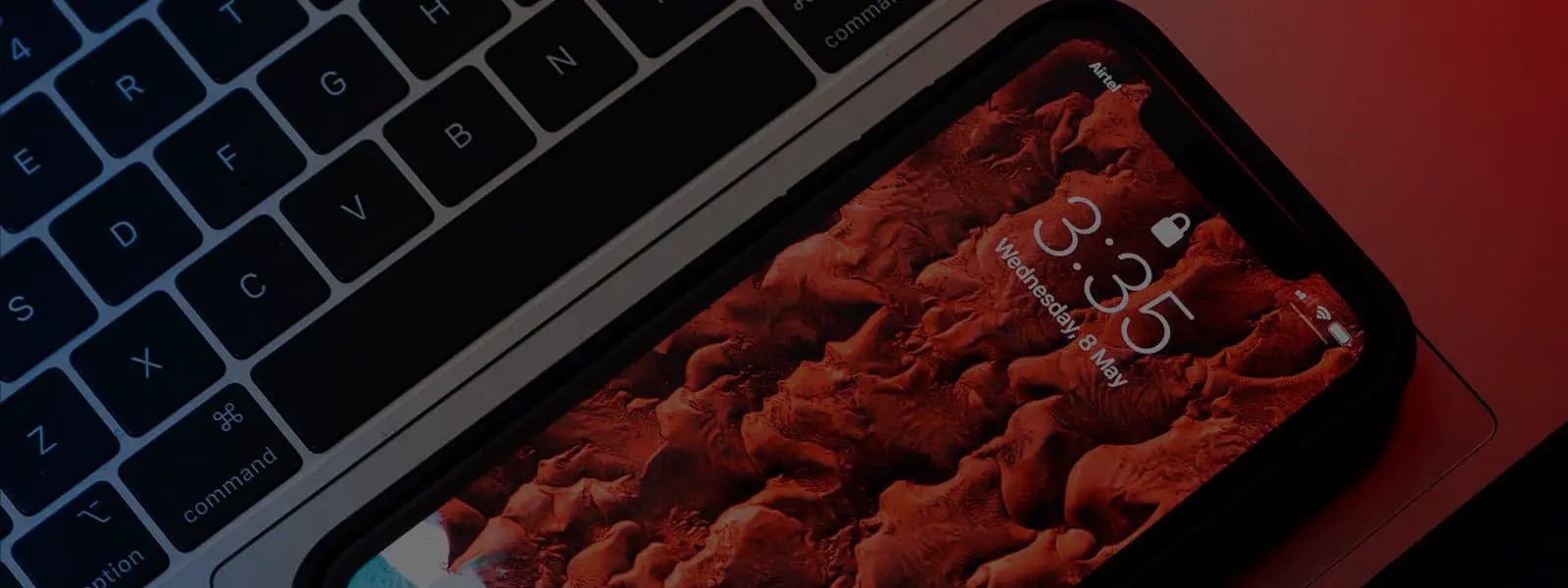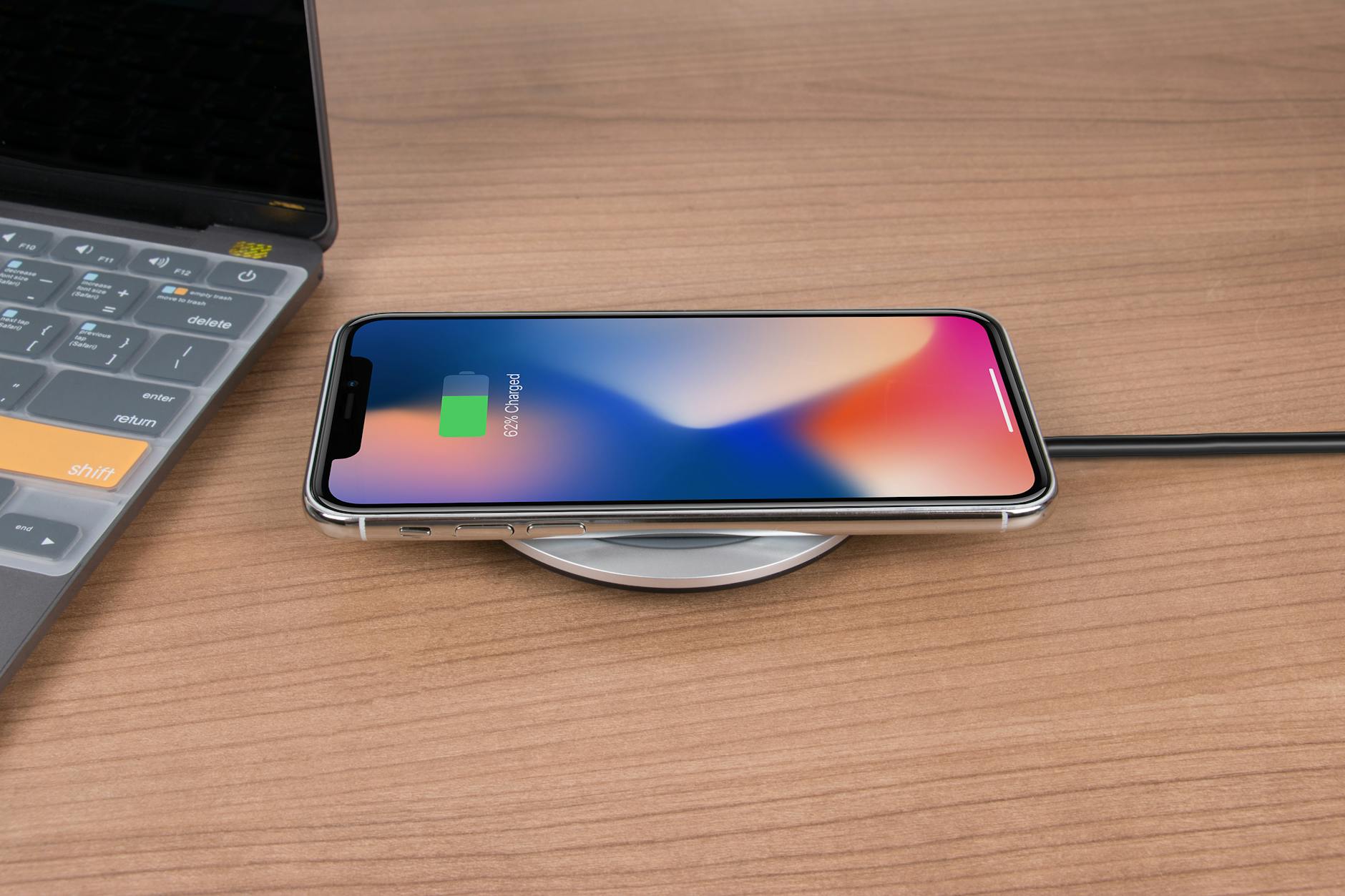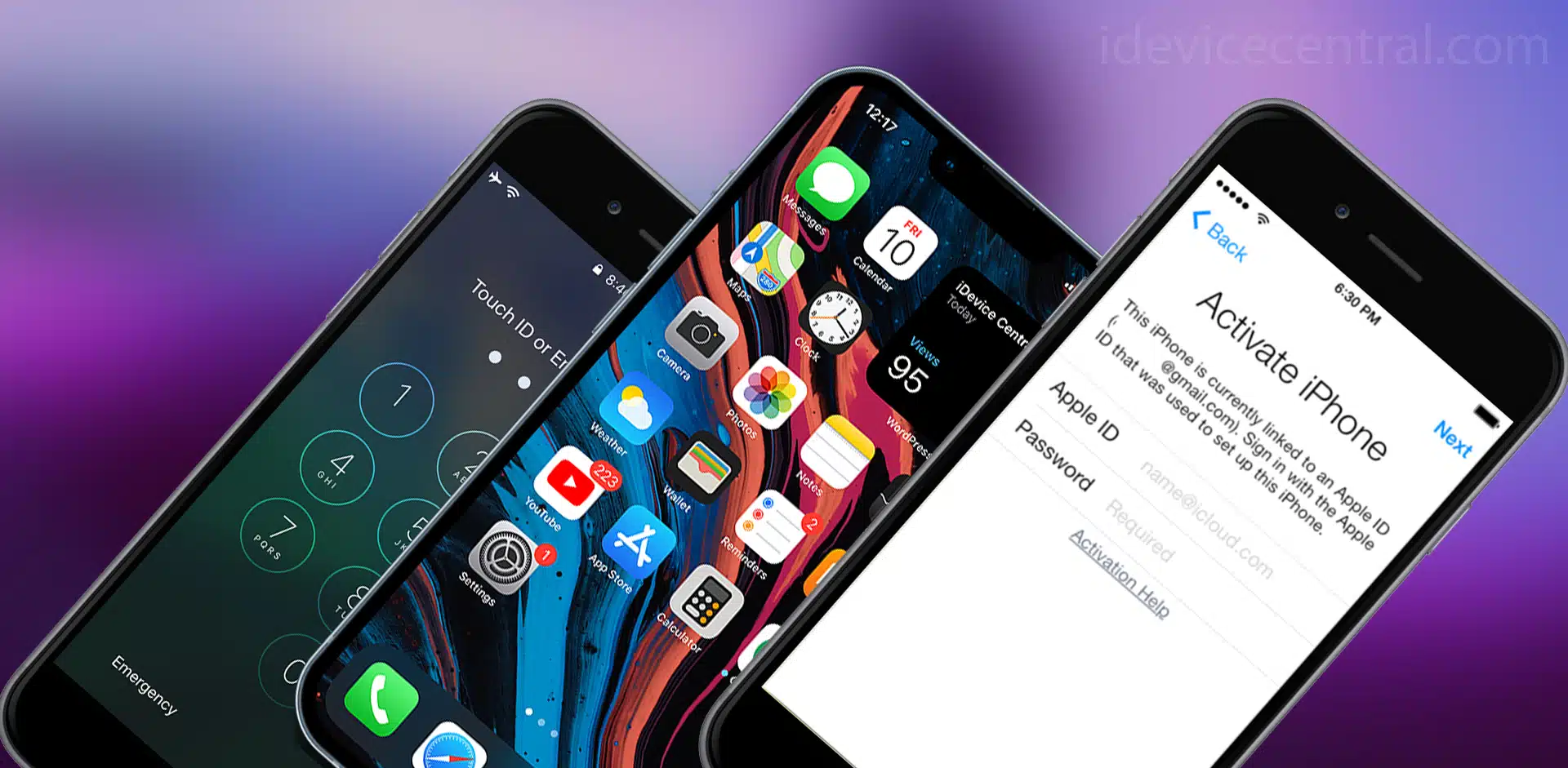Smartphones are everything to us – the average person spends 3 hours and 15 minutes on their phone daily.
We’re either WhatsApping, liking and sharing social media posts, or signing up for new websites. What’s all of that? Data we’re accumulating on our phones and online.
Read on to find out if they are.
Understanding the Data Ecosystem
It might be better to understand the data ecosystem that controls literally everything we do online. But let’s start by telling you the business model of many smartphone companies is not straightforwardly selling your data to third parties; the reality is somewhat nuanced.
Many companies generate revenue by leveraging this data to improve targeted advertising, enhance user experience, or develop new products. It’s data exploitation, but not illegally.
What would be illegal is selling your data to companies without your consent – which they aren’t doing, apparently.
It’s possible to liberate yourself from this whole system – you just have to read opt-out guides and get proactive about reclaiming your data – but a lot of us don’t even realise how much of our data is out there.
This data exploitation extends beyond mere advertising. It plays a significant role in refining algorithms that govern everything from app functionality to battery life optimizations.
And, data analytics derived from user interactions help companies predict market trends. It’ll allow for strategic adjustments in real-time.
What Data Do They Collect?
Smartphone manufacturers and associated applications can collect endless data types, including:
- Personal Identifiers: Your name, address, and phone number.
- Device Information: Hardware models, operating system versions, and unique device identifiers.
- Location Data: GPS data revealing your movements and habits.
- Behavioural Data: Information on app usage, websites visited, and interaction patterns.
This data collection is outlined in the privacy policies that users agree to – often without reading thoroughly. According to research, only 9% of Americans read terms and conditions.
Sharing Instead of Selling
Yes, conspiracy theorists will tell you that smartphone companies sell your data directly, but what often happens is more indirect.
They share your data with partner companies, advertisers, and networks that help refine marketing strategies and ad targeting.
This form of data utilization is critical for personalized advertising and for improving product offerings and services. These companies argue that this method allows for a richer, more customized user experience. But we’d argue that it raises questions about the transparency of such practices.
Data Partnerships
Many smartphone companies enter into agreements with third-party vendors and service providers. That’s where a big problem comes in for users. These partnerships create an exchange of information under strict contractual agreements meant to benefit the smartphone user’s experience. That’s how they word it, anyway.
Often, these agreements stipulate how the data must be handled. It emphasizes privacy and security measures to protect user information.
Still, the specifics of these agreements are rarely made public. It’s difficult for users to know exactly who has access to their data. What does that tell you about how secure it is?
Advertising and Revenue
A lot of revenue for smartphone companies comes from advertising. When aggregating user data, companies can offer high-value targeted advertising opportunities to businesses. That doesn’t necessarily mean your data points are sold, but rather, your profile as part of a larger demographic or behavioral group is used to tailor marketing efforts.
Again, everything seems like a loophole and a way of letting different parties use your data ‘for your benefit.’
The data helps advertisers reach the right audience, enhancing the efficacy of campaigns and potentially increasing consumer satisfaction.
Risks and Protections
Of course, there’s a risk of breaches and unauthorized access. Despite rigorous security measures, no system is entirely foolproof.
Still, regulations like the GDPR in Europe and various state laws in the US are forcing companies to become more transparent about their data practices. It’s offering users more control over their personal information.
These laws also mandate companies to implement stricter security protocols.
User Control and Privacy Settings
Smartphone companies give users tools to see, manage, and control their data. From privacy settings restricting app access to data to options that let you delete your data, it isn’t impossible to safeguard your information. The question is, how much truth is there in what they’re telling us? It’s essential for users to actively engage with these tools and make informed decisions about their data privacy.
Educate yourself about these settings and regularly review them.
So, do you want a summary? The question of whether smartphone companies sell your data is complex. They may not sell your data directly, but the sharing and utilization of your data have become integral to the economic models of many tech conglomerates. Technically, it’s a loophole – they’re not making any money (directly, so they say), but they are giving your data away.
Credit: Photo by Yura Fresh on Unsplash
More iDevice Central Guides
- iOS 17 Jailbreak RELEASED! How to Jailbreak iOS 17 with PaleRa1n
- How to Jailbreak iOS 18.0 – iOS 18.2.1 / iOS 18.3 With Tweaks
- Download iRemovalRa1n Jailbreak (CheckRa1n for Windows)
- Dopamine Jailbreak (Fugu15 Max) Release Is Coming Soon for iOS 15.0 – 15.4.1 A12+
- Cowabunga Lite For iOS 16.2 – 16.4 Released in Beta! Install Tweaks and Themes Without Jailbreak
- Fugu15 Max Jailbreak: All Confirmed Working Rootless Tweaks List
- iOS 14.0 – 16.1.2 – All MacDirtyCow Tools IPAs
- iOS Jailbreak Tools for All iOS Versions





Leave a Reply
You must be logged in to post a comment.